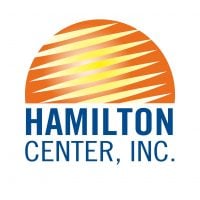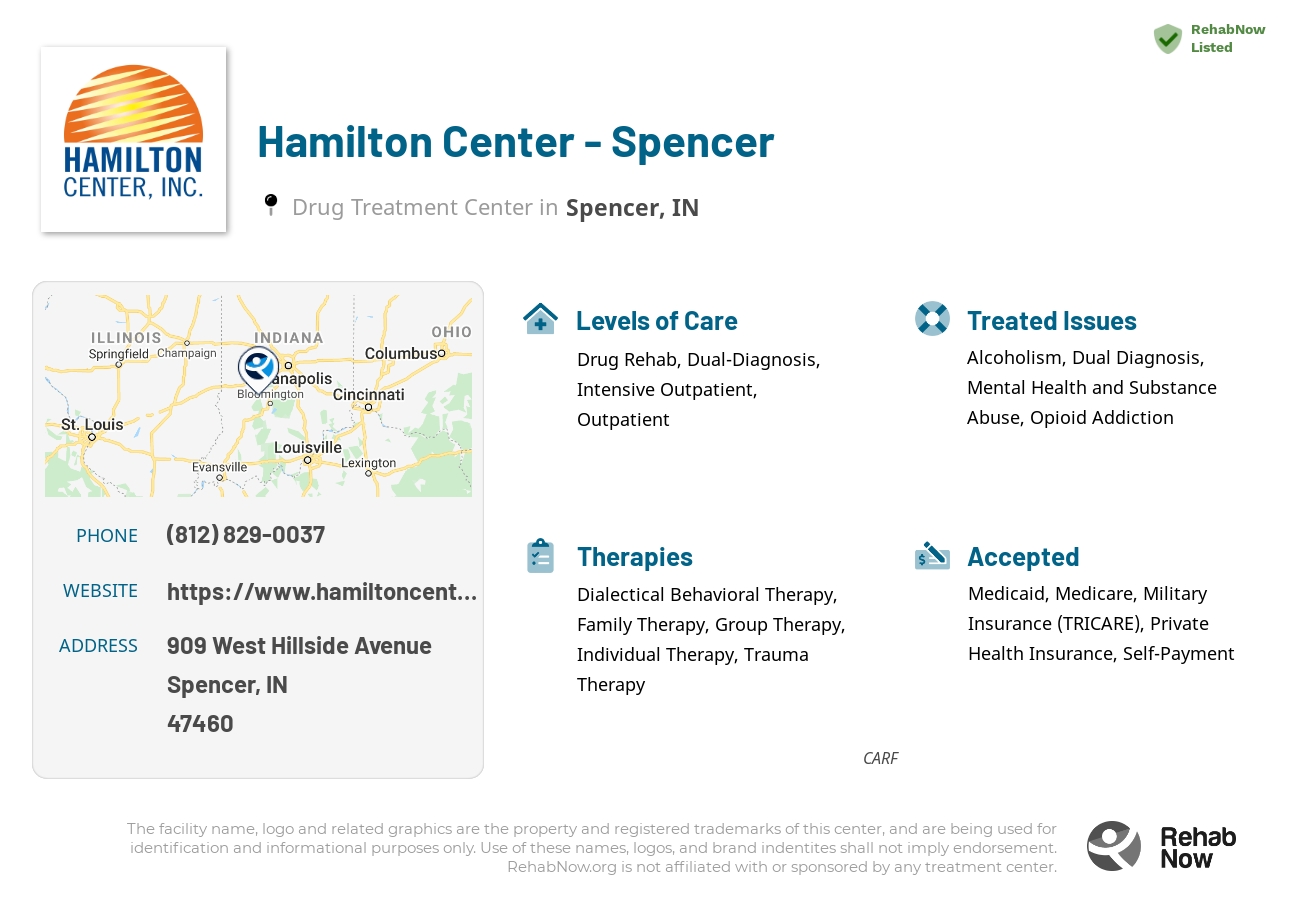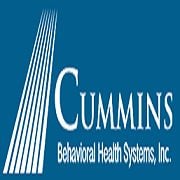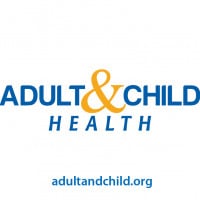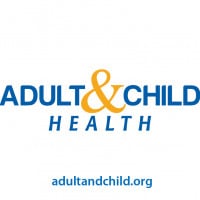Hamilton Center - Spencer
Drug Rehab Center in Spencer, Indiana
Hamilton Center - Spencer, located in Spencer, Indiana, is a reputable and accredited treatment facility offering various levels of care for individuals seeking help with alcoholism, dual diagnosis, opioid addiction, drug addiction, mental health, and substance abuse, ensuring their journey towards recovery is supported in a safe and nurturing environment.
About Hamilton Center - Spencer in Indiana
Hamilton Center - Spencer is a reputable and accredited treatment facility located in Spencer, Indiana. With certifications from both JCAHO and CARF, this center upholds high standards of care for individuals seeking help for alcoholism, dual diagnosis, opioid addiction, drug addiction, mental health, and substance abuse. The facility offers various levels of care, including drug rehab, dual-diagnosis treatment, intensive outpatient programs, outpatient programs, aftercare support, and detox services. Hamilton Center - Spencer is dedicated to providing comprehensive treatment options to address the specific needs of each individual, ensuring their journey towards recovery is supported in a safe and nurturing environment.
Hamilton Center - Spencer in Spencer, Indiana offers an array of services to support individuals struggling with addiction and substance abuse. With a focus on alcoholism, dual diagnosis, opioid addiction, drug addiction, mental health, and substance abuse, the facility provides tailored treatment plans to address each person's unique circumstances. Their services include drug rehab, dual-diagnosis treatment, intensive outpatient programs, outpatient programs, aftercare support, and detox services. By offering these diverse options, Hamilton Center - Spencer aims to provide individuals with the necessary tools and support to overcome their challenges and achieve lasting recovery.
Genders
Ages
Modality
Additional
Accreditations

JCAHO

CARF
The Commission on Accreditation of Rehabilitation Facilities (CARF) is a non-profit organization that specifically accredits rehab organizations. Founded in 1966, CARF's, mission is to help service providers like rehab facilities maintain high standards of care.
Conditions and Issues Treated
Opioid addiction has become a significant health problem in the United States. When a person’s life becomes unmanageable because of an opioid addiction, treatment can help them get sober. Treatment includes medical care and counseling.
“With so many people struggling with opioid addiction, we need more care and attention for those who want to quit. Opioid addicts often take opioids when they experience a painful injury – that’s how the cycle starts! When someone begins taking their medication differently than prescribed or takes an excessive amount of drugs, it means they’re hooked on drugs and in danger of overdosing.
The most successful way to beat this is through detoxing from these types treatments at Hamilton Center - Spencer in . Most facilities start by using medical support during the process while providing counseling services; rehabilitation comes later on after treatment has been completed successfully.
A “dual diagnosis” is when the individual has two medical issues at the same time. The top co-occurring mental disorders with addiction are depression, anxiety, ADHD, bi-polar disorder. Addiction is also considered a mental illness that is not a choice but rather a medical condition. Addiction can be caused by any number of underlying issues.
Dual diagnosis is provided by Hamilton Center - Spencer to treat addictive tendencies as well as any untreated mental illnesses. This ensures successful long term health and recovery for patients after treatment has been completed.
Dual diagnosis is provided by Hamilton Center - Spencer to treat addictive tendencies as well as any untreated mental illnesses for people in Indiana. This ensures successful long term health and recovery for patients after treatment has been completed.Levels of Care Offered
This center offers a variety of custom treatment tailored to individual recovery. Currently available are Drug Rehab, Dual-Diagnosis, Intensive Outpatient, Outpatient, with additional therapies available as listed below.
Outpatient addiction treatment is beneficial for people who are able to function well in their day-to-day lives. It is recommended for people who are not yet ready to end their relationships with friends or family members who might be encouraging drug and alcohol use.
Intensive outpatient treatment is beneficial for:
- People who are able to attend treatment more than 3 times per week.
- People who do not meet the criteria for inpatient treatment.
- People who are able to contribute to their own recovery outside of the treatment center.
- People who are motivated towards recovery.
- People who are able to overcome addiction on their own without the need for higher levels of care.
Outpatient programs at Hamilton Center - Spencer, the Spencer resident can live with their family while continuing with their job or studies. Treatment includes educating the patient on drug abuse, medications, and counseling sessions at the individual or group level. Outpatient treatment plans cover diagnosis, detoxification, management, and counseling. They are a popular option for those who have graduated from inpatient facilities.
Therapies & Programs
Individual therapy is a form of counseling where you meet with a trained professional one-on-one. Meeting with a therapist in this setting allows for a personal and trusting relationship to be built. This allows the patient to open up about sensitive or private issues they may not feel comfortable discussing in a group. Individual therapy helps identify the root causes of your addiction, which can help prevent relapse.
Family therapy is often done alongside drug treatment to help addicts stay sober. The goal of family therapy for drug addiction is to create an environment where communication can happen without judgment, hostility, or blame. The therapist will sit with the family so they can learn how to communicate differently and provide new tools for dealing with emotions so that people don’t want to drink or do drugs. It’s important for families to focus on relapse prevention plans during treatment so that if the addict feels like they want to use again, they’ll know what steps they need to take together to prevent it from happening again in the future.
Group therapy sessions are another common addiction recovery service. These group sessions typically involve six to 12 addicts who meet regularly with a trained professional for support and guidance.
During these sessions, the group shares their experiences with one another and provides feedback that can help each member avoid relapse or overcome specific obstacles they are facing in their recovery process. With this type of support and guidance, addicts can feel like they are part of a community that understands their struggles and will help them get through the hard times.
Many people struggling with drug addiction have experienced some form of trauma in their lives. It is crucial that these individuals seek out professional help; otherwise, their drug abuse and addiction will likely continue.
Therapists and counselors at drug treatment centers employ several treatment programs to help people struggling with drug addiction, including trauma therapy. Trauma therapy helps people dealing with addiction by allowing them to confront the traumas of their past and move past them.
It is important to note that trauma therapy should not be confused with PTSD (post-traumatic stress disorder). Rather, it is used to treat the effects of trauma, which are often at the root of addiction.
Dialectical Behavior Therapy was developed in the 1980s to treat chronically suicidal individuals. It is a cognitive-behavioral therapy that combines standard DBT with strategies derived from Zen Buddhism, such as mindfulness training.
DBT has been adapted for use with other types of psychiatric problems, including eating disorders, substance abuse disorders, borderline personality disorder, posttraumatic stress disorder (PTSD), and other personality disorders. Dialectical Behavior Therapy is considered a psychosocial treatment of BPD. This means that while it can be used alone or in conjunction with drug treatments, DBT does not rely on medications to treat the disorder. Instead, DBT aims to help patients change their thinking and behavior.
Cognitive Behavioral Therapy (CBT) focuses on the underlying thoughts and behaviors that caused the problem of addiction in the first place and may cause a relapse. Negative feelings are common in drug abuse disorders, but they can lead to co-occurring disorders if not recognized. CBT involves strategies that help to change the behavior pattern by restructuring negative thoughts into positive ones. It helps to remove these feelings, and it provides long-term benefits. Also, CBT promotes self-awareness and self-control. It can be administered as a monotherapy or as part of combination therapy.
CBT can improve the patient’s mood, reduce drug cravings and boost success rates on treatment plans. Regular practice can help individuals handle negative attitudes, thoughts, and feelings without turning to drugs or alcohol. The core belief of Cognitive Behavioral Therapy (CBT) is that one’s moods, behaviors, and actions are all connected. Individuals can improve their quality of life using CBT. It helps addicts understand the patterns of thought and feelings that cause them to use drugs or alcohol and develop a healthy response.
Payment Options Accepted
For specific insurance or payment methods please contact us.
Is your insurance accepted?
Ask an expert, call (888) 674-0062
Hamilton Center Associated Centers
Discover treatment facilities under the same provider.
- Hamilton Center - Indianapolis in Indianapolis, IN
- Hamilton Center - Brazil in Brazil, IN
- Hamilton Center - Terre Haute in Terre Haute, IN
- Hamilton Center - Linton in Linton, IN
- Hamilton Center - Spencer in Spencer, IN
Learn More About Hamilton Center Centers
Additional Details
Specifics, location, and helpful extra information.
Spencer, Indiana 47460 Phone Number(812) 829-0037 Meta DetailsUpdated November 25, 2023
Staff Verified
Hamilton Center - Spencer Patient Reviews
There are no reviews yet. Be the first one to write one.
Spencer, Indiana Addiction Information
The state of Indiana ranks 14th in the nation for drug abuse, but 17th for drug overdoses. The state has many high-quality rehabilitation centers, but reports show that there are about 20 deaths per 100,000 people. This is due to its location making it a drug trafficking haven, where many drugs are further distributed into the country.
The drug addiction problem in Spencer, Indiana is fairly bad. In 2012, there were 9,877 drug overdose deaths in the area. Of those deaths, 66% were due to prescription drugs, and 33% were due to illicit drugs. 63% of residents said they got their drugs from a friend or relative. In Spencer, Indiana, drug treatment offers inpatient and outpatient treatment, while others offer 12-step programs or holistic treatments.
Treatment in Nearby Cities
- Martinsville, IN (20.8 mi.)
- New Castle, IN (86.9 mi.)
- Portland, IN (123.9 mi.)
- Valparaiso, IN (151.7 mi.)
- Elwood, IN (84.3 mi.)
Centers near Hamilton Center - Spencer
The facility name, logo and brand are the property and registered trademarks of Hamilton Center - Spencer, and are being used for identification and informational purposes only. Use of these names, logos and brands shall not imply endorsement. RehabNow.org is not affiliated with or sponsored by Hamilton Center - Spencer.
